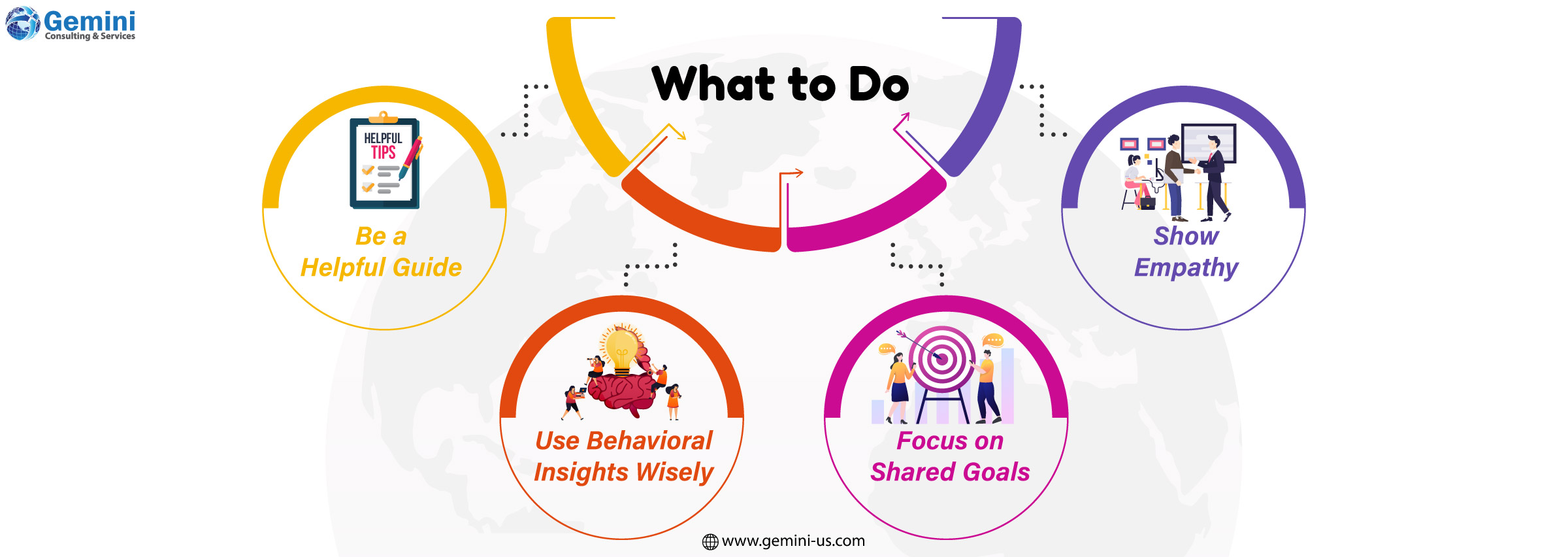In the current competitive digital environment, personalization has become a necessity rather than a luxury. However, it is not easy to build and execute effective personalization strategies. Generic messaging based on surface-level data fails to connect with buyers in a meaningful way. What businesses truly need is a way to customize experiences that resonate on an individual level, and this is where the convergence of intent data and Generative AI (GenAI) offers tremendous potential.

Rethinking Personalization: Beyond Basic Demographics
Personalization should not be confused with inserting a customer’s name into an email or referencing publicly available information. True personalization means delivering content, recommendations, and communication that directly address the specific challenges, needs, and goals of each potential buyer. It is about showing that you understand what your customer is going through and offering timely, relevant solutions.
Intent data, which reveals a prospect's online behavior, such as the topics they search, the content they consume, and the frequency of their activity, offers a powerful foundation for this kind of personalization. However, if every company is drawing from the same pool of generic information and applying similar tactics, the outcome is predictable: uniform messages that fail to differentiate one brand from another.
To stand out, companies need to go beyond conventional strategies. That’s where AI, particularly GenAI and machine learning models, can transform how intent data is used to deliver personalization at scale.
The Role of Generative AI in Driving Personalized Engagement
For effective engagement, timing and relevance are crucial. Businesses must strive to place the most appropriate message or piece of content in front of the right person, at precisely the right moment. Intent data helps identify recent and recurring interests,
offering clues about where a prospect is in their buying journey. Even using this data alone can significantly improve conversion rates by making outreach more aligned with customer interests.
With AI businesses can expect a quantum jump in conversion rates. Machine learning algorithms can analyze vast datasets to detect patterns, anticipate future behavior, and suggest the next best action. Generative AI, in particular, can create tailored content, from email copy to product recommendations, that mirrors the user’s language and concerns. This level of hyper-personalization leads to much higher engagement and stronger long-term relationships with customers.
Organizations that successfully combine AI with intent data report not only improved immediate response rates but also gains in customer satisfaction, loyalty, and retention.
Walking the Fine Line: Personalization Without Intrusion
While the potential of AI-driven personalization is exciting, it also comes with a caveat. It must be implemented with sensitivity. There is a risk of coming across as intrusive or even creepy if personalization appears too invasive or overly informed. Think of the difference between being helpful and being watched ,one builds trust while the other breaks it.
To strike the right balance, marketers should follow a few important principles.

- Position your brand as a helpful guide, offering solutions without implying you have complete visibility into the customer’s actions.
- Use behavioral insights to send content aligned with what prospects are researching but avoid drawing direct attention to their digital footprint.
- Build messaging around shared challenges and goals rather than specific downloads or browsing history.
- Let your content reflect empathy and understanding, showing that you grasp the user’s perspective and are ready to help.
What to avoid
- Avoid making direct references to specific user actions, such as “Since you downloaded X, here’s Y.” While this might seem like good targeting, it can feel invasive.
- Avoid giving users the impression that they are constantly being tracked online and do not use language that suggests this.
- Steer clear of assuming too much familiarity too quickly. Instead, use progressive disclosure, gradually introducing more customized messaging as the relationship with the customer deepens.
Personalization is like a conversation. You wouldn’t jump into someone’s personal life the moment you meet them. Similarly, in marketing, trust and relevance must be built over time.
Combining the Best of Both Worlds: Human Insight and AI Intelligence
The synergy between high-quality intent data and GenAI offers a powerful pathway to delivering true personalization at scale. However, leaving everything to AI without using human judgment may not yield the desired results. The best results come from blending machine-driven insights with human creativity and empathy.
If you are a business looking for a partner to harness AI and intent data to create personalized marketing strategies, Gemini Consulting & Services is here to help you. Contact us to speak to implement customized AI solutions for your marketing.
While AI can crunch numbers and generate relevant messages, human marketers still play a key role in crafting strategy, interpreting nuances, and ensuring authenticity. By aligning these strengths, organizations can create personalized experiences that feel both smart and sincere.
Conclusion
The fusion of intent data and generative AI represents a significant leap forward in personalized marketing. It enables businesses to go beyond generic messaging and deliver value-driven, targeted interactions that resonate. However, to unlock this potential, marketers must approach personalization thoughtfully with a mix of data, technology, and human insight. Personalization is not a fad. It is about building meaningful connection between the brand and the buyer.



